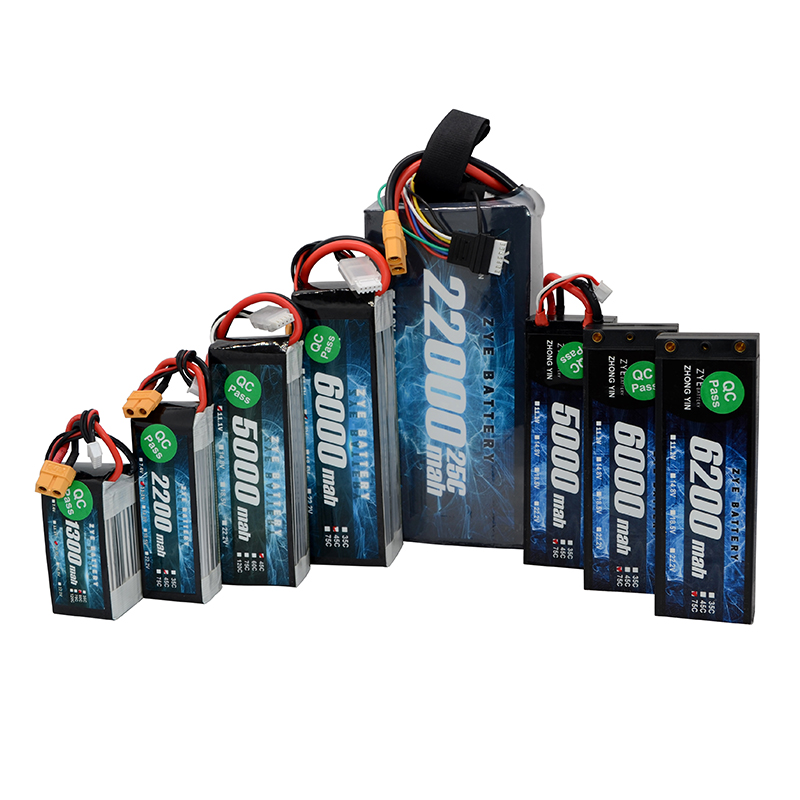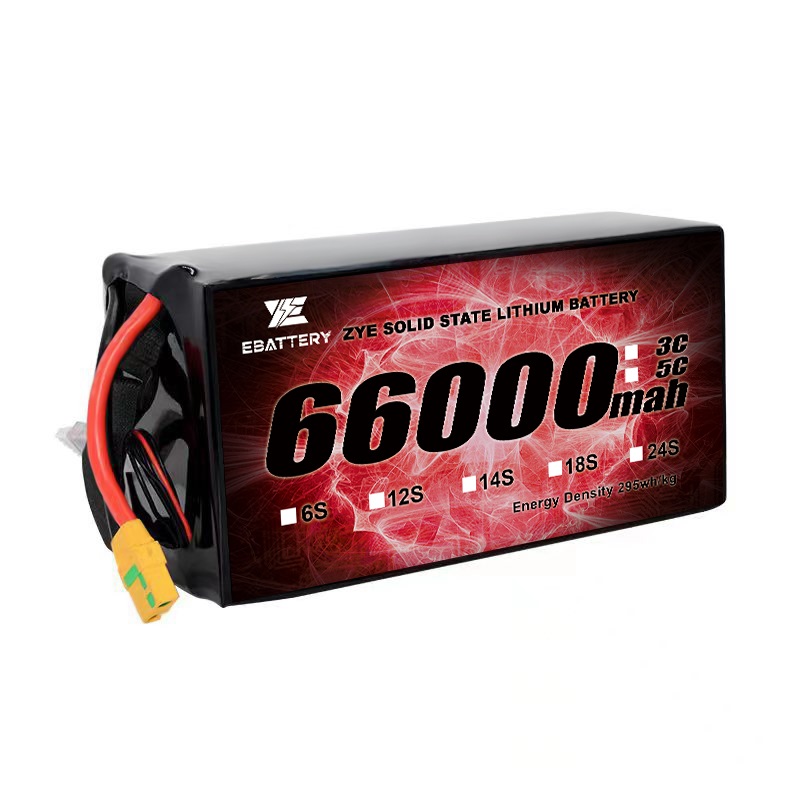How to dispose of drone batteries?
2025-03-26
As drone technology continues to advance, the proper disposal of drone batteries has become an increasingly important issue. Whether you're a hobbyist or a professional drone operator, understanding how to safely and responsibly dispose of your drone's batteries is crucial for both environmental protection and personal safety. In this comprehensive guide, we'll explore the guidelines for safe disposal, the potential dangers of improper handling, and the steps you should take before discarding your batteries for drones.
Guidelines for safe drone battery disposal
Proper disposal of drone batteries is essential to prevent environmental contamination and potential safety hazards. Here are some key guidelines to follow when disposing of your drone's batteries for drones:
1. Check Local Regulations
Before you dispose of your drone battery, take the time to research your local regulations on battery disposal. Many areas have specific rules to manage the disposal of electronic waste, including lithium polymer (LiPo) batteries, which are commonly used in drones. These regulations are designed to protect both the environment and public safety, so understanding and following them is important.
2. Utilize Battery Recycling Programs
Many electronics stores and battery manufacturers offer dedicated recycling programs for rechargeable batteries, such as those used in drones. By utilizing these programs, you ensure that your battery is processed in an environmentally friendly way. These recycling initiatives are set up to handle the safe disposal of lithium batteries and recover valuable materials for reuse, reducing the need for mining and conserving resources.
3. Never Dispose of Batteries in Regular Trash
It’s crucial that drone batteries are not disposed of in your regular household trash or recycling bins. This is because lithium batteries can cause fires in waste processing facilities when mishandled, or they can leak harmful chemicals into the environment. Proper disposal ensures that these risks are avoided, and the battery components are dealt with safely.
4. Discharge the Battery Fully
Before disposal, always ensure that your drone battery is fully discharged. This step is essential to reduce the risk of short circuits and the potential for fires during the disposal process. A fully discharged battery is much safer to handle and transport, as it will not have any stored energy that could lead to hazardous situations.
5. Insulate Battery Terminals
To further minimize the risks of accidents, it’s a good practice to cover the battery terminals with electrical tape or place the battery in a non-conductive bag. This prevents any chance of accidental short circuits during transport or disposal. Short circuits can lead to fires or other dangerous situations, so taking this extra precaution helps ensure the safe handling of your battery.

Dangers of improper drone battery disposal
Improper disposal of drone batteries can lead to severe consequences. Understanding these risks underscores the importance of following proper disposal procedures:
1. Environmental contamination
Drone batteries contain toxic materials that can leach into soil and water systems if not disposed of correctly. This contamination can harm wildlife, plants, and potentially enter the human food chain.
2. Fire hazards
LiPo batteries, commonly used in drones, can be volatile if damaged or improperly handled. When disposed of in regular trash, these batteries can cause fires in garbage trucks or waste processing facilities.
3. Chemical burns
If a battery is punctured or damaged, the internal chemicals can leak out, potentially causing severe chemical burns to skin or eyes.
4. Toxic fumes
In case of a fire caused by improperly disposed batteries, the burning materials can release toxic fumes that are harmful if inhaled.
5. Legal consequences
Improper disposal of drone batteries may result in fines or legal penalties in some jurisdictions, as it violates environmental protection laws.
Steps to take before disposing of a drone battery
Before you dispose of your drone's batteries for drones, it's important to take several precautionary steps to ensure safety and environmental responsibility:
1. Assess the battery's condition
Determine if the battery is truly at the end of its life. Some batteries may appear to be non-functional due to issues with the drone or charger rather than the battery itself.
2. Fully discharge the battery
If the battery is still functional, discharge it completely using a LiPo battery discharger or by running the drone until the battery is depleted. This reduces the risk of fire during disposal.
3. Check for physical damage
Inspect the battery for any signs of swelling, punctures, or other physical damage. Damaged batteries require extra caution during handling and disposal.
4. Remove from the drone
Always remove the battery from the drone before disposal. This prevents any potential damage to the drone and makes the battery easier to handle.
5. Store safely until disposal
Keep the battery in a cool, dry place away from flammable materials until you're ready to dispose of it. Use a LiPo-safe bag for additional protection.
6. Research local disposal options
Look for battery recycling centers, electronics stores, or hazardous waste collection events in your area that accept drone batteries.
7. Prepare for transport
When transporting the battery to a disposal site, place it in a non-conductive container and ensure it's protected from potential impacts or crushing.
By following these guidelines and taking the necessary precautions, you can ensure that your drone's batteries for drones are disposed of safely and responsibly. This not only protects the environment but also contributes to the sustainable use of drone technology.
Remember, proper disposal of drone batteries is an essential part of responsible drone ownership. By taking the time to dispose of your batteries correctly, you're not only protecting yourself and others from potential hazards but also contributing to a cleaner, safer environment for everyone.
If you're looking for high-quality, safe, and environmentally friendly batteries for drones, consider exploring the options offered by ZYE. Our advanced battery technologies are designed with both performance and safety in mind, ensuring that you get the most out of your drone while minimizing environmental impact. For more information about our products or for guidance on battery disposal, please don't hesitate to contact us at cathy@zyepower.com. Let's work together to keep our skies clear and our earth clean!
References
1. Smith, J. (2022). "Drone Battery Disposal: Best Practices for Environmental Safety." Journal of Unmanned Aerial Systems, 15(3), 42-58.
2. Johnson, A., & Williams, R. (2021). "The Environmental Impact of Lithium Polymer Batteries in Consumer Electronics." Environmental Science & Technology, 55(12), 7890-7902.
3. Green, T. (2023). "Recycling Technologies for Lithium-based Batteries: A Comprehensive Review." Renewable and Sustainable Energy Reviews, 68, 110-125.
4. Brown, L., et al. (2022). "Safety Considerations in Drone Battery Handling and Disposal." International Journal of Aviation Safety, 9(2), 201-215.
5. Zhang, Y., & Lee, K. (2023). "Comparative Analysis of Battery Disposal Regulations Across Different Countries." Waste Management & Research, 41(4), 555-570.
























































